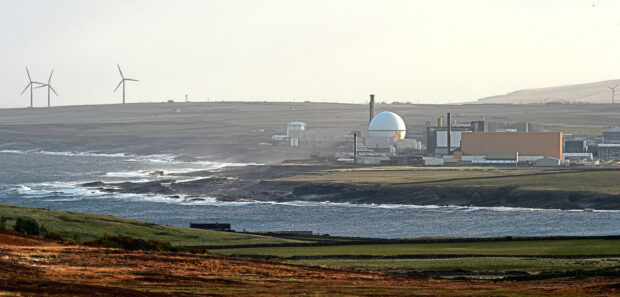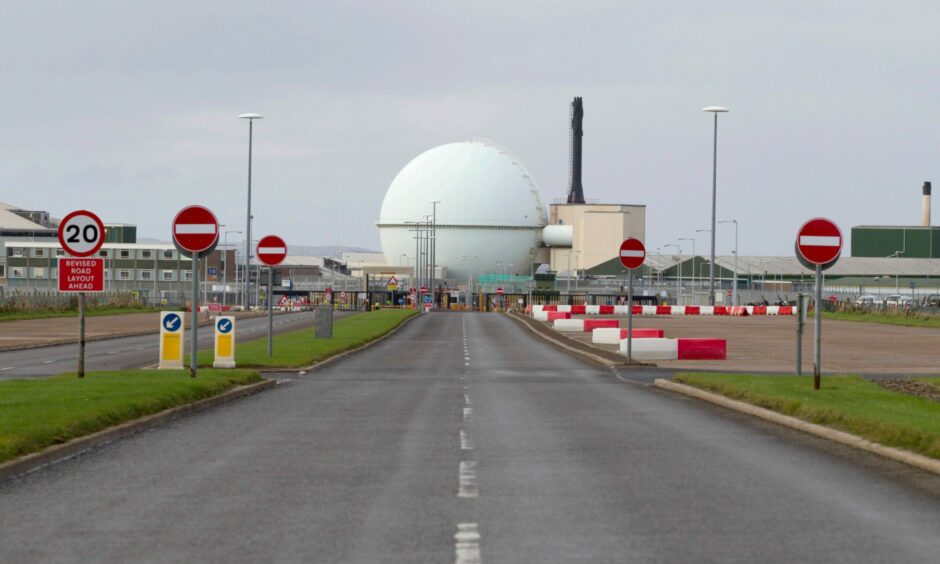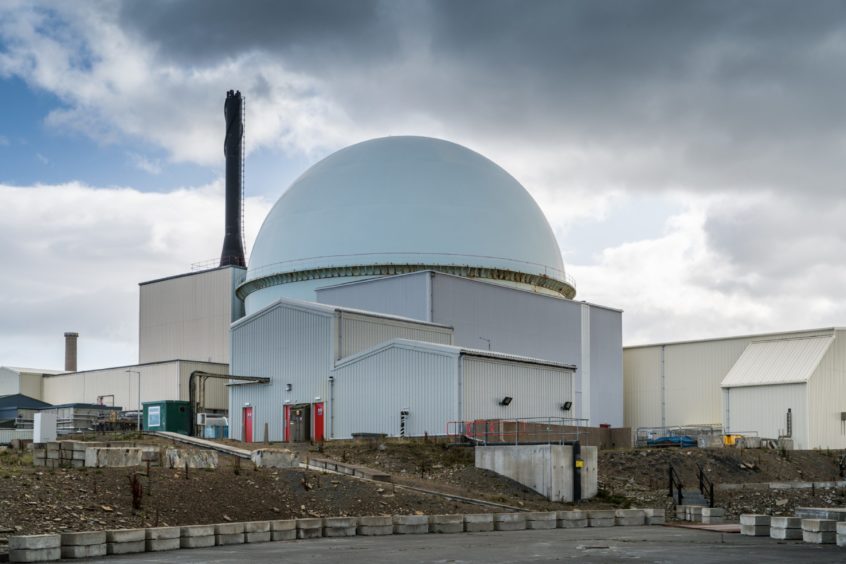Attracting major new developments to the far north will not in itself enable the area to survive the rundown of Dounreay.
Without ensuring the ventures provide skilled jobs for local people, the Caithness and north Sutherland economy is in line for a major dip according to the Mace Group consultancy.
The firm was commissioned to review the socio-economic prospects for the area as it prepares for life without the long-time anchor employer.
Despite Dounreay‘s clean-up starting in the mid 1990s, the plant still employs more than 1,200 workers and 700 contractors.
That is 15% higher than in 2016 with the site injecting an estimated £77.5 million per year to the local economy.
Mace said: “This is not a decaying and ossified workforce. It remains the single largest contributor to payroll in Caithness, apart from public services such as health and education.”
Beatrice offshore wind farm and satellite launch base near Tongue “welcome new ventures”
But the firm says the area continues to face a major challenge in finding replacements for the jobs at the site which are due to dry up in the early 2030s.
It warns: “The introduction of large major projects in the Dounreay area does not necessarily lead to a high number of skilled jobs for local people.”
Mace views the Beatrice offshore wind farm and the commercial satellite launch base near Tongue as welcome new ventures.
But it adds: “Caithness and Sutherland are failing to maximise the socio-economic benefits from these new industries as so much of the work is not undertaken locally.”
It notes while the wind farm has created about 90 jobs at its service base in Wick, the lion’s share of the work in manufacturing and assembling the turbines has gone to Germany and Hull.
Likewise, while the space venture is expected to create around 40 jobs in north Sutherland, the main launch vehicle provider is based in Forres where as many as 400 jobs could be created.
Mace states: “It is important everything possible is done to optimise local opportunities from major projects that are brought into the area.”
It believes stemming the exodus of young people from the far north is crucial in helping provide the area with a skilled labour pool to capitalise on such opportunities.
Need to ‘cash in’ on energy and utility sectors
If the quality, high-paid jobs at Dounreay are not replaced, it will stoke a cycle of a dip in council tax; less local spend; falling school rolls; and pressure on transport, health and social care services.
The consultants believe the area needs to cash in on its strengths in the energy and utilities sectors to provide career opportunities for its young people.
“That is its core skills base and allies with the area’s natural advantages to ensure it should have an enduring competitive advantage in the energy generation sector,” it added.
Mace says some of the Dounreay workforce can provide part of the answer in filling the skills gap.
Noting that 62% will not have reached retirement age by the projected end of the clean-up, the consultants say many have the skills needed for the emerging energy and space sectors.
On an upbeat note, their report concludes: “These skills combined with the area’s physical geographic advantages for space, wind and tidal mean there is every chance Caithness and North Sutherland could have a bright future.
“In addition, the developments at Scrabster and Wick harbours show that with investment the area can continue to prosper.”




Conversation